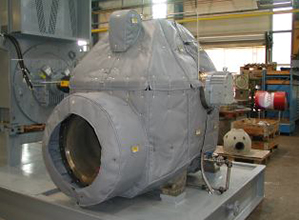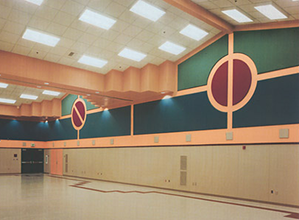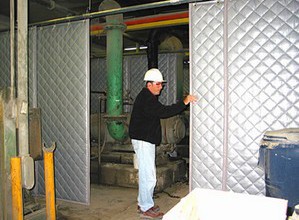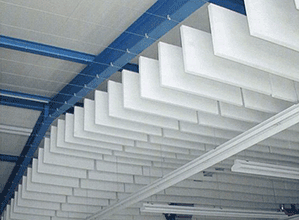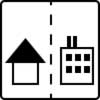In-Plant Noise Control
Working in a plant or factory has numerous health hazards, all of which are preventable. Thought some of the most common causes of factory related health complaints include chemical exposure or contact with a substance used in the plant, there are also health issues related to the daily level of noise exposure in the plant.
According to OSHA, a worker should not be exposed to more than 85 dB of noise over an eight hour period. However, in plants and manufacturing facilities, the noise levels often exceed this limit. It is necessary to maintain safe noise exposure levels because it can potentially contribute to health problems such as:
- Chronic headaches
- Insomnia or other sleep disturbances due to headaches
- Hearing loss and eventually progressing to deafness
- Impaired concentration
- Poor performance at work
Noise Evaluations
To help prevent these issues and maintain a safe and productive work environment, facilities can contract to have a noise evaluation done to assess the current level of noise in the plant or factory. This is crucial for the health and safety of all workers. eNoise Control offers comprehensive noise surveys to help industrial clients address their noise pollution. Upon completion of this evaluation, recommendations are made for employee safety that offer various methods to reduce noise such as sound barriers and noise enclosures. Often, we work with an industrial hygienist to help the company comply with OSHA regulations and provide employee safety measures.
Potential Solutions
Common solutions for industrial in-plant noise control include sound curtains, sound blankets, and enclosures. The goal is to shield the machines and equipment that make most of the noise, thereby reducing the transmission of noise to the employees. Sound enclosures offer the highest level of noise reduction by making use of modular steel panels manufactured according to the requirements of the equipment. Sound barrier walls can also be used as an indoor or outdoor steel partition when an enclosure with a roof is not feasible. Composite foams also provide a cumulative effect towards noise reduction.
Several other, less common, means of noise control include silencers and baffles. However, in addition to noise control, all workers should practice personal protection by the use of earplugs or headphones. This is important as the noise from all equipment cannot be dampened equally and processes such as hammering or chainsaws cannot use these types of noise control.
If you need assistance devising a noise control plan for your industrial application, call eNoise Control today for a consultation.
